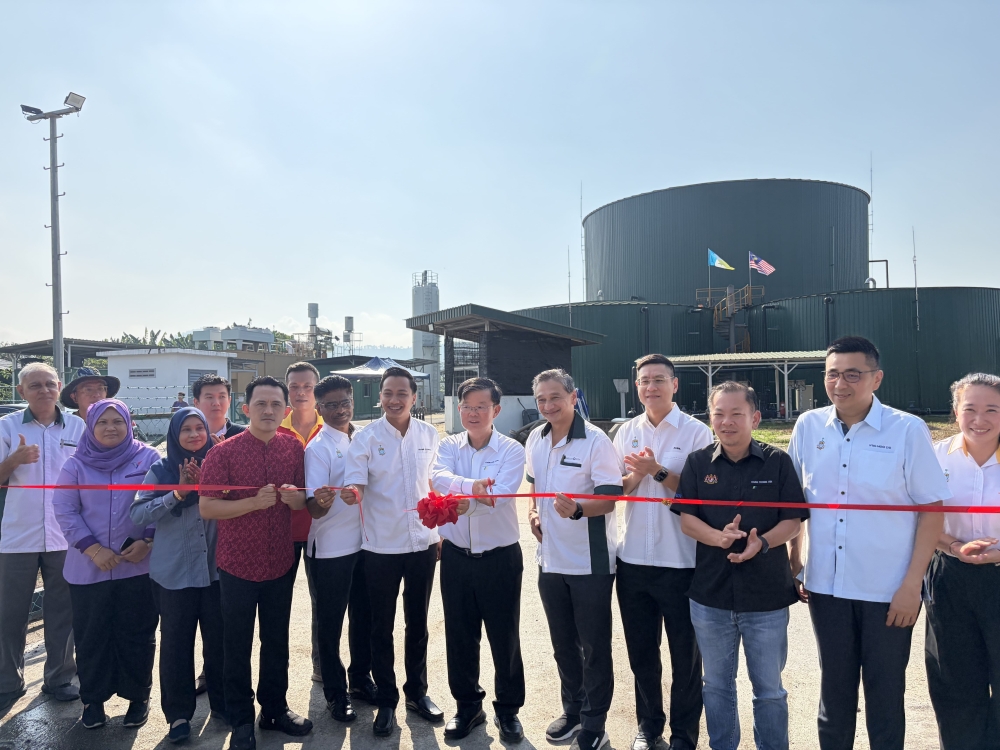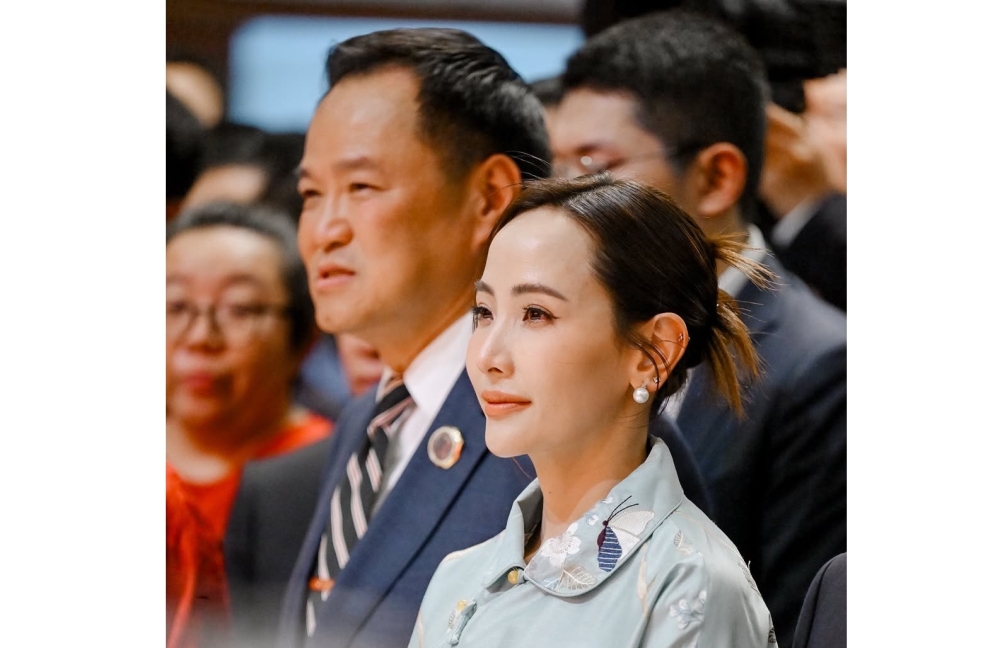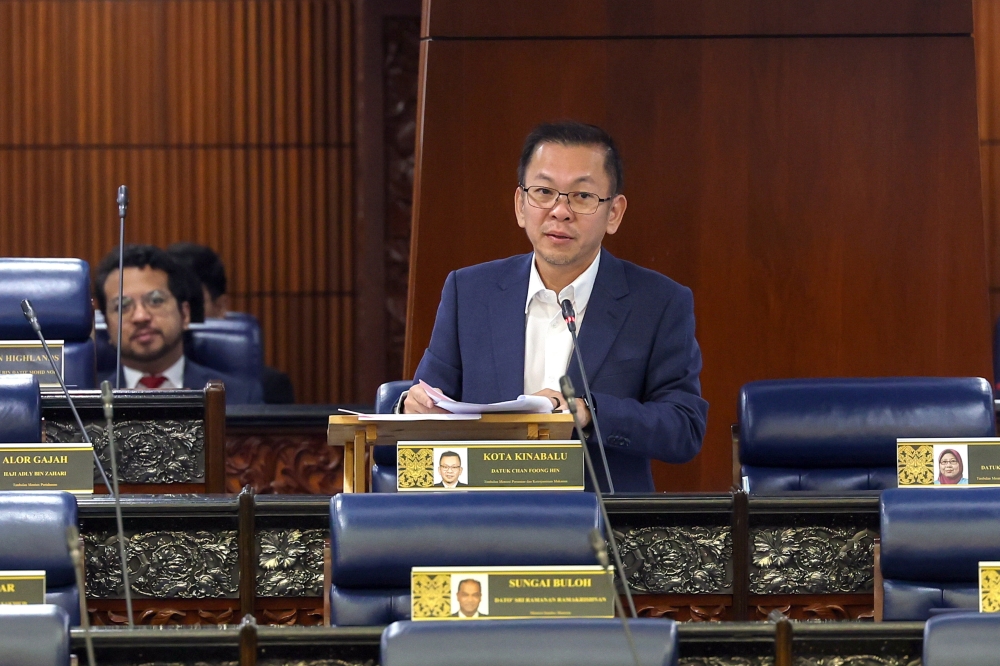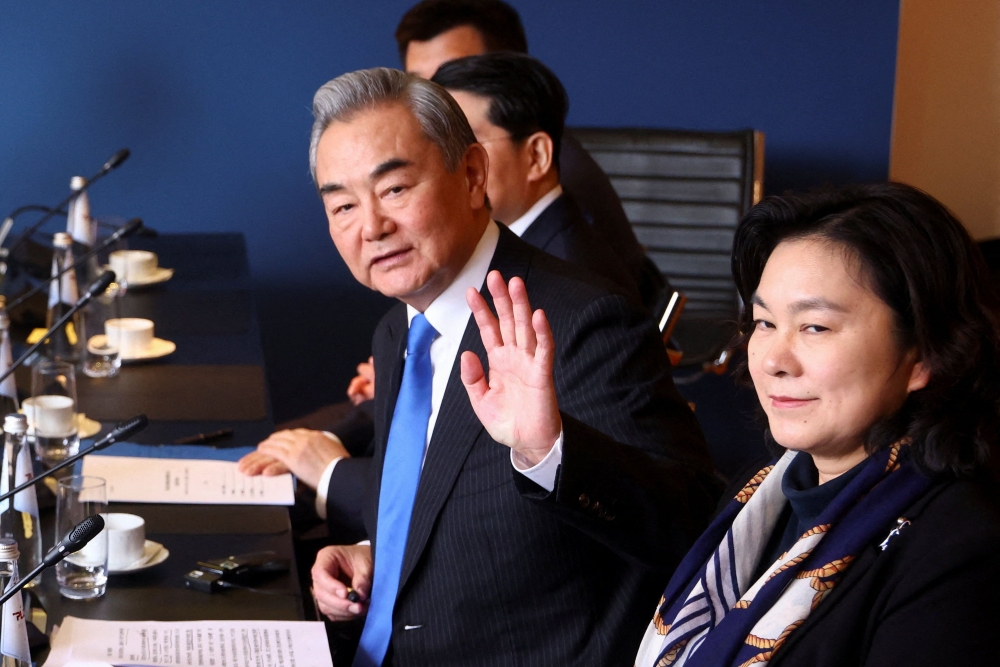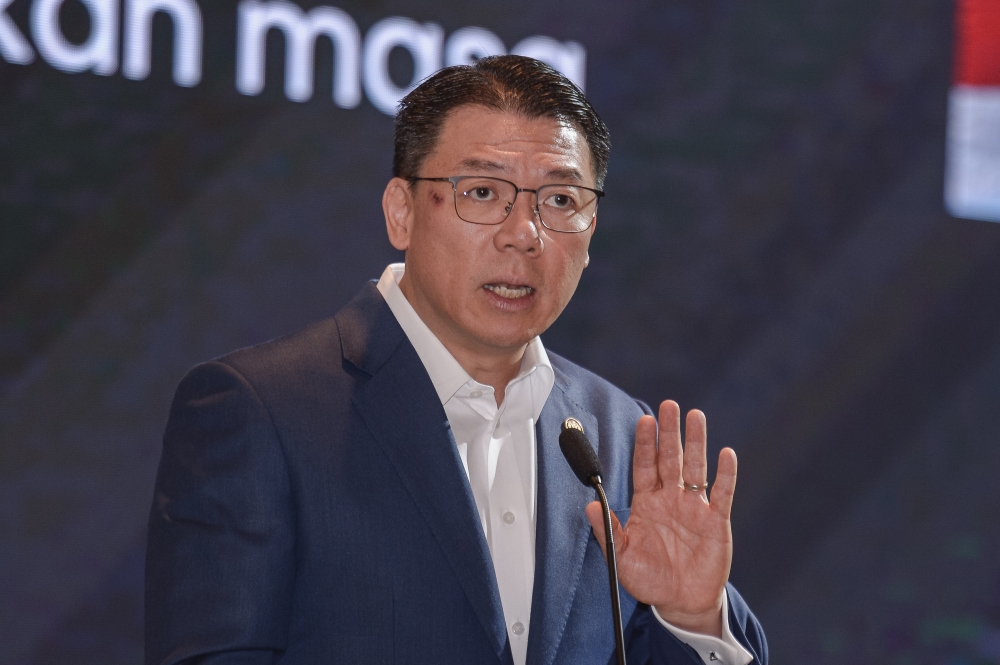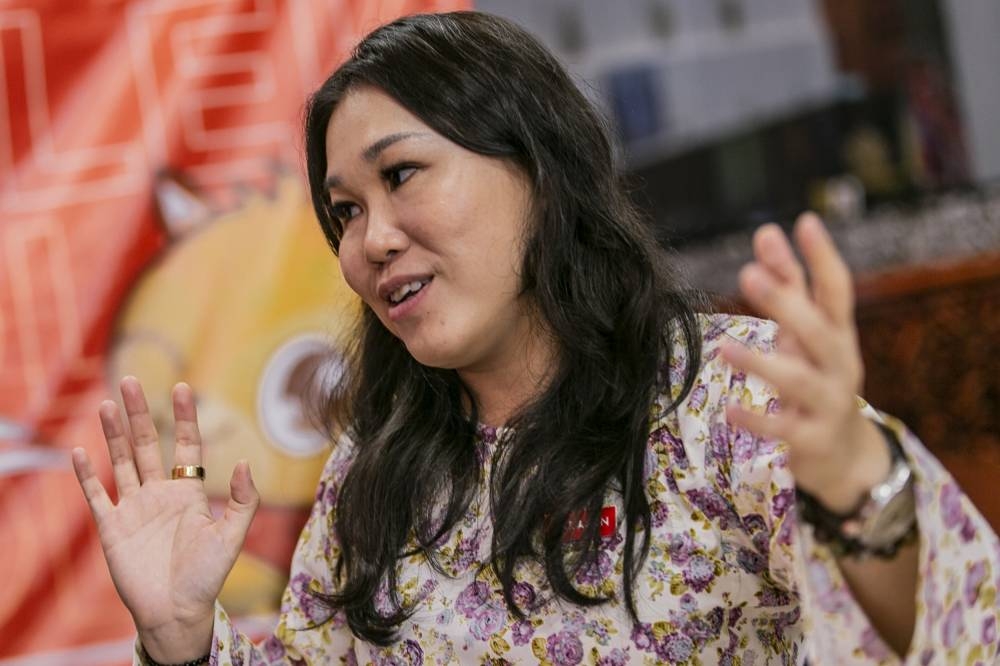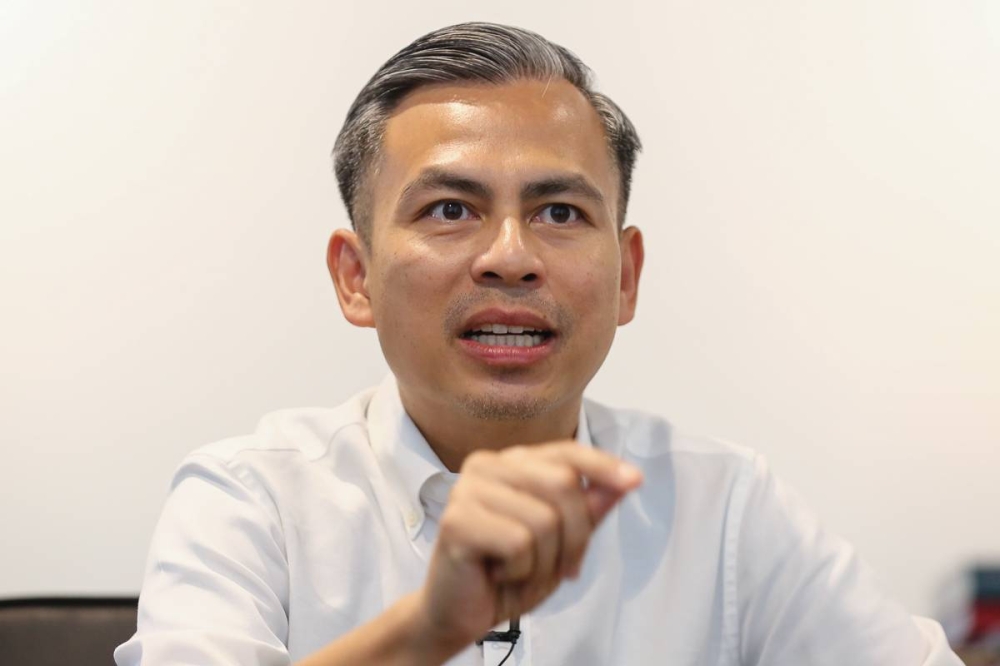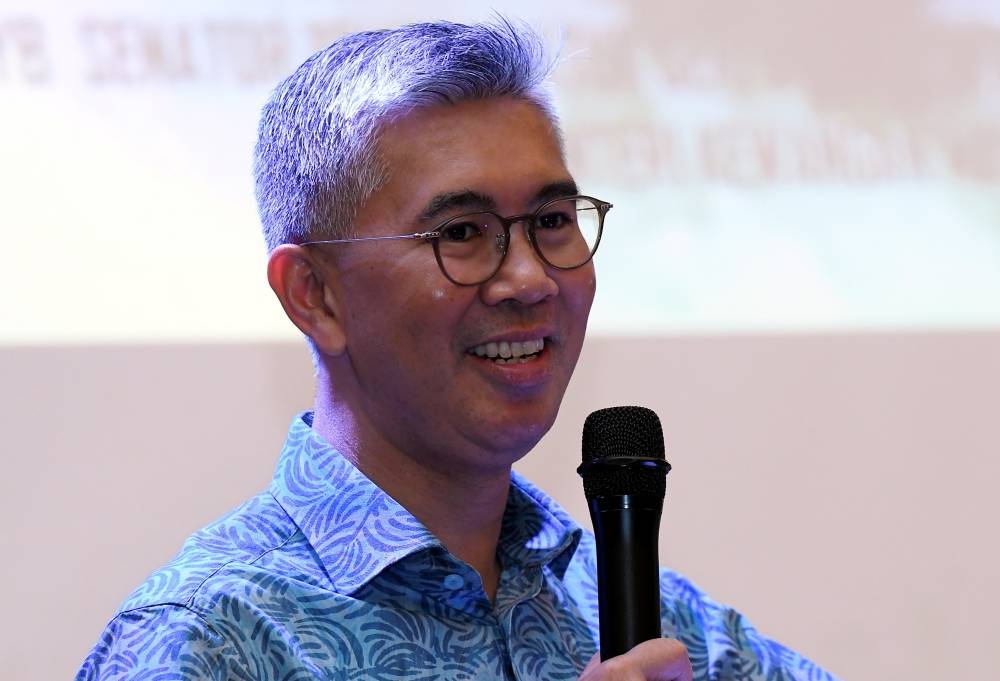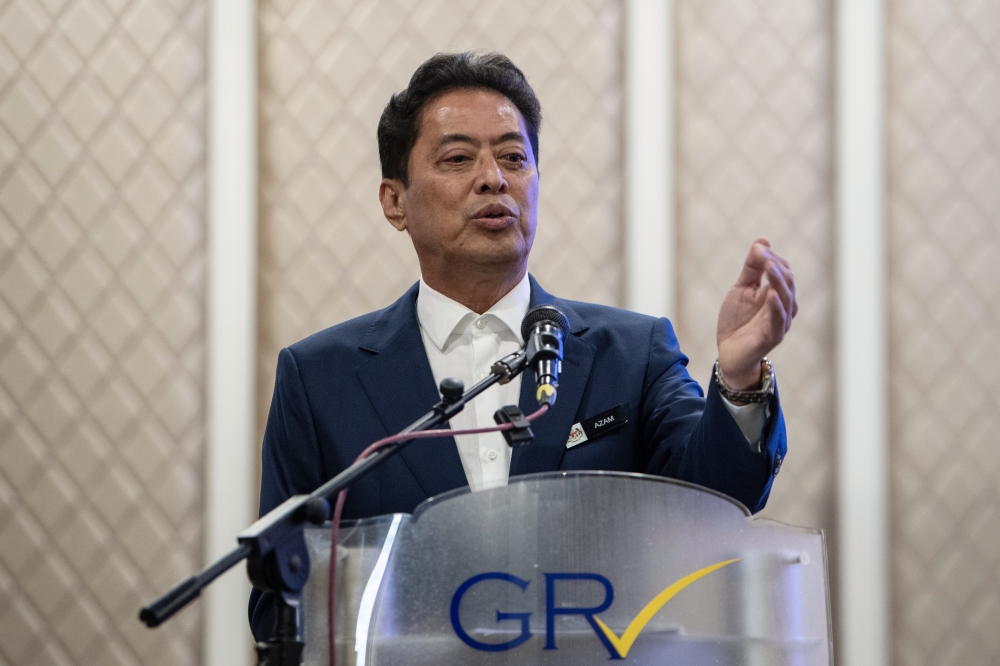KLUANG, Nov 9 — The Goods and Services Tax (GST), which was abolished as part of Pakatan Harapan’s (PH) general election promise in 2018, is a regressive taxation system, said Wong Shu Qi.
The incumbent Kluang MP said what made the system regressive was the 6 per cent rate imposed, which she felt was high.
She admitted that while the consumption-based taxation system is efficient and transparent, this is only true for other countries, but not Malaysia, because it was handled poorly by the then Barisan Nasional (BN) government that enforced it.
“The problem with GST is that we have a very small tax base, and the BN government was trying to expand the tax base to tax all the B40 and our exemptions list was so long that it took a very long time to process.
“Later, the problem that occurred was the refund so everyone complained. Yes, the GST is efficient, transparent in other countries, but not in Malaysia.
“We need to look at how we implemented GST. If we can’t do it right, people are suffering, and I am still for the delay of the implementation until the majority of our people can afford to pay income tax,” Wong said in an interview with Malay Mail.
She was responding to continued accusations by BN that PH dismantled a fair taxation system that would have benefitted many.
Wong felt that the timing of the GST introduction was to blame, as many were struggling to even pay income tax due to low wages at the time.
“And then we have a long list exempting this and that, then we are troubling everyone. That is the reality. Yes, GST is efficient, transparent, tax everyone, but can we tackle all the problems that come along with it?
“Before 2018, it showed that we couldn’t, and I agree it is very easy to tax everyone, but can we afford to?
“So, I’m not saying that the taxation system is bad. We have so many different options. It is just a question of whether it is the right time to do it, and never, ever forget that GST is a regressive tax in terms of the percentage that we charge the rich,” she added.
Wong said that the rich pay less GST even as they continue to earn more, while lower income groups pay a higher amount due to their limited income.
“For example, those who earn only, let’s say, RM2,000 a month for a three-person household. Basically, if only one person is earning RM2,000, you count how much they need to spend for house rental, transport and buying groceries or even some other daily needs.
“With RM2,000, they won’t be able to save much at all. Basically, every month, RM2,000 will be gone. They are spending all of the RM2,000 monthly. Imagine, half of it needs to be charged for GST. The percentage is almost 50 per cent of the income that they get.
“Compare this to a person who earns, let’s say, RM20,000 a month — because RM10,000 in Kuala Lumpur is considered not that rich anymore. I don’t think that person will spend all RM20,000 a month, am I right? You will have some savings. Let’s say RM4,000-RM5,000 every month. So he spends only RM15,000.
“That RM15,000, we take away all the exemptions. How much is he charged? The percentage is definitely lower than the person who spends the entire RM2,000 every month.
“So we need to first look into the economic problem in Malaysia. It is about low income,” Wong added.
In September, now caretaker deputy finance minister I Datuk Mohd Shahar Abdullah said that the government had not reached a stage where it would need to reintroduce the repealed GST, national news agency Bernama reported.
He reportedly said this was attributed to the strong recovery momentum of the national economy, which grew by 6.9 per cent in the first half of 2022 and supported by increased domestic and foreign demand as well as the labour market recovery.






